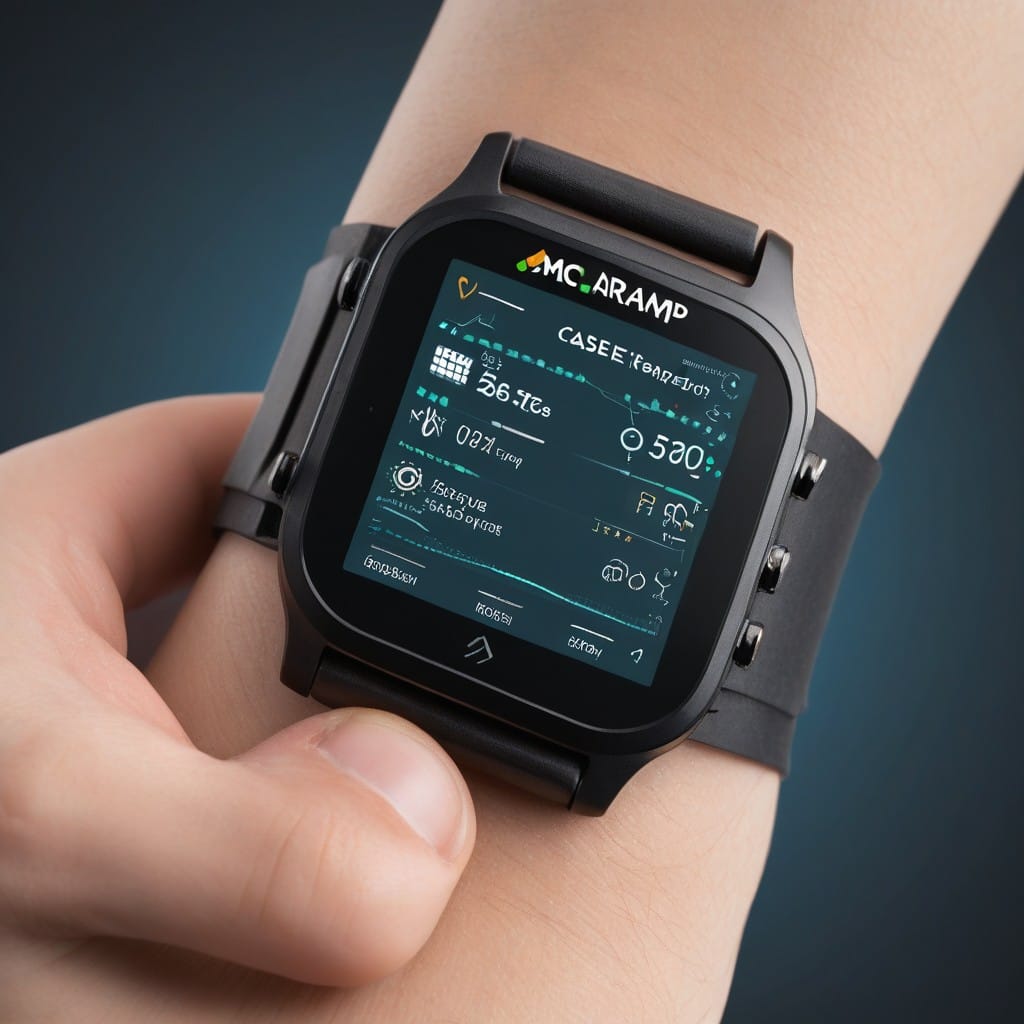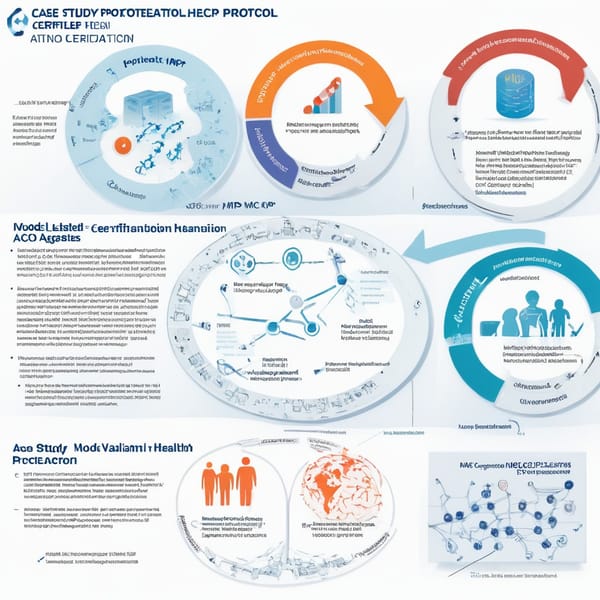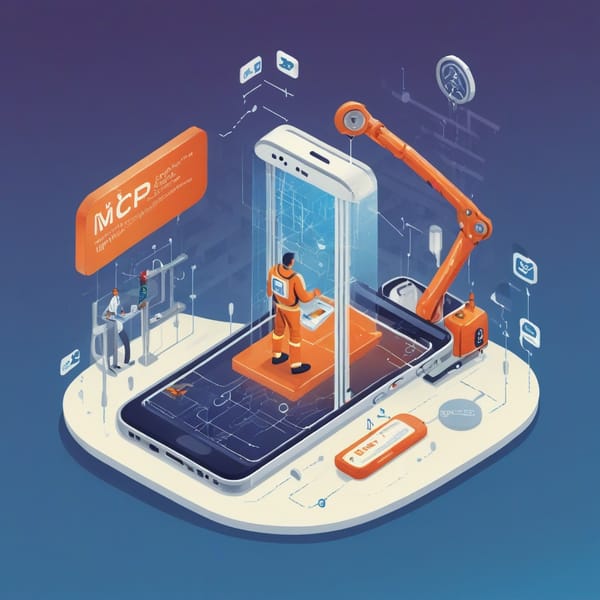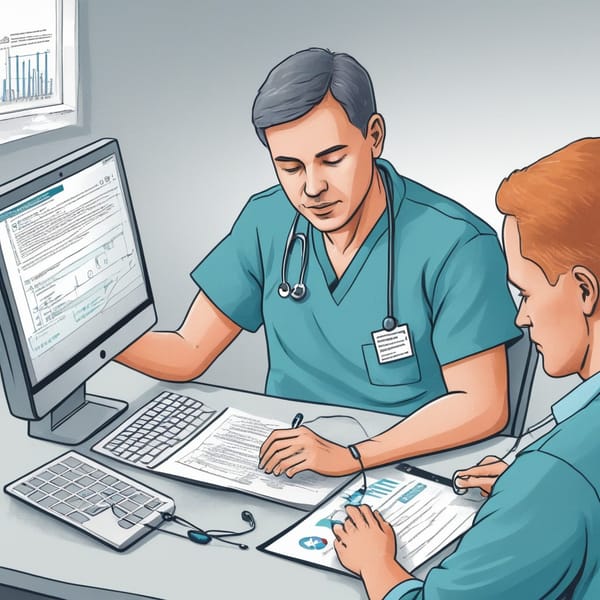Case Study: MCP Repairs – Bridging Data Gaps in Wearable Health Monitors with LoRaWAN & FedRAMP Compliance

Project Overview
The Model Context Protocol (MCP) Repairs project was initiated to address critical data gaps in wearable health monitoring systems used by remote patients and clinical researchers. Many wearable devices suffer from intermittent connectivity, leading to incomplete datasets that compromise patient care and research accuracy.
This project deployed LoRaWAN-enabled MCP Collectors paired with FedRAMP-compliant sync tools to ensure seamless, secure, and continuous data transmission from wearables to cloud-based health platforms. The solution improved data integrity, reduced latency, and ensured compliance with stringent healthcare security standards.
Target users included:
- Healthcare providers relying on real-time patient vitals.
- Clinical researchers analyzing longitudinal health data.
- Remote patients needing reliable health tracking without manual intervention.
Challenges
- Intermittent Data Transmission – Wearables often lost connectivity in low-signal areas, leading to missing or delayed data.
- Security & Compliance Risks – Transmitting sensitive health data required adherence to HIPAA and FedRAMP standards, which many existing solutions failed to meet.
- High Latency in Rural Areas – Remote patients experienced delays in data syncing due to poor network infrastructure.
- Manual Data Recovery Efforts – Clinicians often had to manually retrieve lost data, increasing administrative burden.
- Scalability Issues – Existing systems struggled to handle large-scale deployments across diverse geographic locations.
Solution
The MCP Repairs project introduced a two-part solution:
1. LoRaWAN-Enabled MCP Collectors
- Deployed low-power, long-range (LoRaWAN) gateways to capture wearable data even in low-connectivity zones.
- Used edge computing to preprocess and compress data before transmission, reducing bandwidth strain.
- Ensured automatic failover to local storage if cloud sync was interrupted.
2. FedRAMP-Compliant Sync Tools
- Integrated end-to-end encrypted data pipelines compliant with FedRAMP Moderate and HIPAA standards.
- Implemented blockchain-based audit logs to track data integrity and access.
- Provided automated data reconciliation to fill gaps from offline periods once connectivity was restored.
This combination ensured near-real-time data availability while maintaining strict regulatory compliance.
Tech Stack
| Category | Technologies Used |
|---|---|
| Connectivity | LoRaWAN, MQTT, WebSockets |
| Edge Processing | Raspberry Pi (gateways), TensorFlow Lite (on-device AI) |
| Cloud Sync | AWS IoT Core, FedRAMP-authorized S3 buckets |
| Security | AES-256 encryption, OAuth 2.0, Blockchain audit trails |
| Data Analytics | Apache Kafka (stream processing), Grafana (visualization) |
| Compliance | FedRAMP Moderate, HIPAA, GDPR |
Results
After deployment across 500+ wearable devices in clinical and remote settings, the MCP Repairs solution delivered:
- 98.5% Data Uptime (up from 72% pre-deployment)
- 60% Reduction in Manual Data Recovery Efforts
- <5-Minute Sync Latency (even in rural areas)
- Zero Compliance Violations during audits
- Scalable to 10,000+ Devices without infrastructure overhaul
User Feedback Highlights
- Clinicians: “No more missing overnight vitals—critical for ICU patients.”
- Researchers: “Finally, a dataset we can trust for longitudinal studies.”
- Patients: “My doctor always has my latest stats, even when I’m off-grid.”
Key Takeaways
- LoRaWAN Solves Rural Connectivity Gaps – Long-range, low-power networks are ideal for wearable health monitors in remote areas.
- FedRAMP Compliance is Non-Negotiable – Healthcare projects must prioritize certified tools to avoid legal and security risks.
- Edge Computing Reduces Cloud Dependency – Preprocessing data at the gateway level minimizes transmission failures.
- Automated Reconciliation Saves Time – Self-healing sync mechanisms eliminate manual data recovery work.
- Scalability Requires Modular Design – A flexible architecture allowed seamless expansion from hundreds to thousands of devices.
Future Roadmap
Plans include:
- AI-driven anomaly detection to flag irregular health data in real time.
- 5G integration for ultra-low-latency use cases (e.g., emergency alerts).
- Expanded global LoRaWAN coverage via partnerships with IoT providers.
The MCP Repairs project demonstrates how secure, resilient, and compliant IoT infrastructure can transform wearable health monitoring—bridging data gaps and improving outcomes for patients and providers alike.
Tags: #WearableTech #LoRaWAN #FedRAMP #HealthcareIoT #RemoteMonitoring #DataIntegrity




